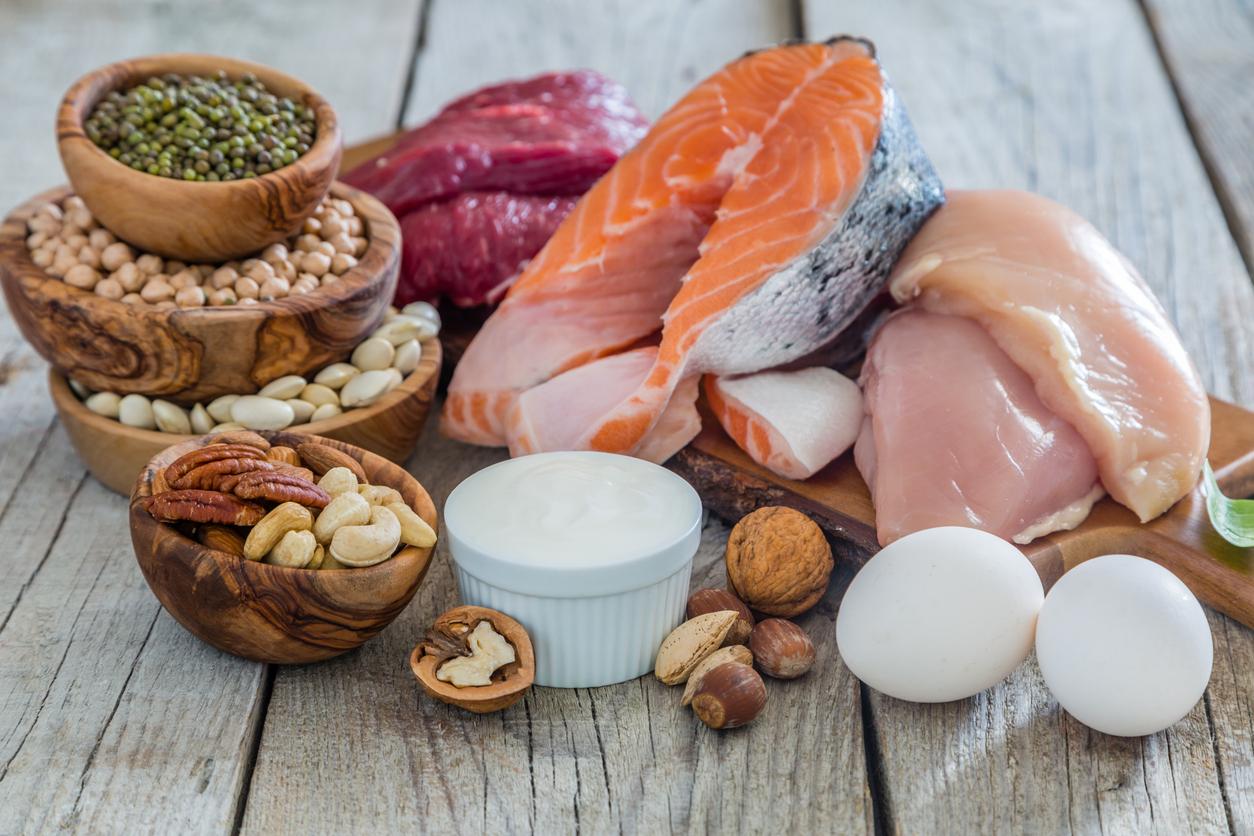Chronic inflammation is at the root of many serious diseases such as cardiovascular and neurodegenerative diseases. Adopting an anti-inflammatory diet can play a key role in preventing and treating these conditions.

- Disease Link: Chronic inflammation is linked to many serious diseases, including cardiovascular and neurodegenerative diseases.
- Targeted diet: favor foods rich in antioxidants and omega-3 while avoiding added sugars and saturated fats.
- Micronutrition: Vitamins, minerals and antioxidants play a crucial role in reducing inflammation and promoting health.
Inflammation is the body’s natural response to infections and injuries. However, when it becomes chronic, it can lead to serious health complications. For example, atherosclerosis, a cardiovascular disease, is exacerbated by persistent inflammation in the arteries. Additionally, neurodegenerative diseases such as Alzheimer’s disease are also linked to chronic inflammation in the brain. This ongoing inflammation can damage cells and tissues, contributing to the development of various chronic diseases.
Foods to Eat and Avoid to Reduce Inflammation
To reduce inflammation, it’s crucial to eat foods rich in antioxidants, vitamins, and minerals. Fruits and vegetables like berries, spinach, and broccoli are particularly beneficial. Omega-3 fatty acids, found in oily fish like salmon, chia seeds, and walnuts, are also effective at reducing inflammation. Additionally, spices like turmeric and ginger contain powerful anti-inflammatory compounds.
Pro-inflammatory foods to avoid
Certain foods can worsen inflammation and should be avoided. Added sugars and refined carbohydrates, often found in processed foods, are known to trigger inflammatory responses. Saturated and trans fats, found in fried foods and commercial baked goods, are also to be avoided. Additionally, excessive consumption of red and processed meats has been linked to increased inflammatory markers in the body.
The role of micronutrition
Vitamins and minerals
Vitamins and minerals play a vital role in fighting inflammation. Vitamin C, for example, is a powerful antioxidant that helps reduce oxidative stress and inflammation. Vitamin D, meanwhile, has been shown to modulate the immune system and reduce inflammatory responses. Minerals such as zinc and selenium are also important for supporting a healthy immune response and reducing inflammation.
Antioxidants
Antioxidants neutralize free radicals in the body, reducing oxidative stress and inflammation. Foods rich in antioxidants include colorful fruits and vegetables, nuts, seeds, and green tea. Incorporating these foods into your daily diet can help prevent and manage chronic inflammation, contributing to better overall health.
Eating an anti-inflammatory diet is essential to preventing and managing chronic disease. By prioritizing foods rich in antioxidants, vitamins, and minerals, and avoiding pro-inflammatory foods, you can reduce inflammation and improve your overall health. A balanced, nutrient-rich diet is a powerful tool to combat chronic inflammation and its deleterious effects.
Practical tips for an anti-inflammatory diet:
- Eat colorful fruits and vegetables: Include a variety of fruits and vegetables in each meal to maximize antioxidants.
- Focus on healthy fats: Opt for sources of omega-3s like salmon, flaxseeds and walnuts.
- Reduce added sugars and processed foods: Limit sugary drinks, candy, and processed baked goods.















